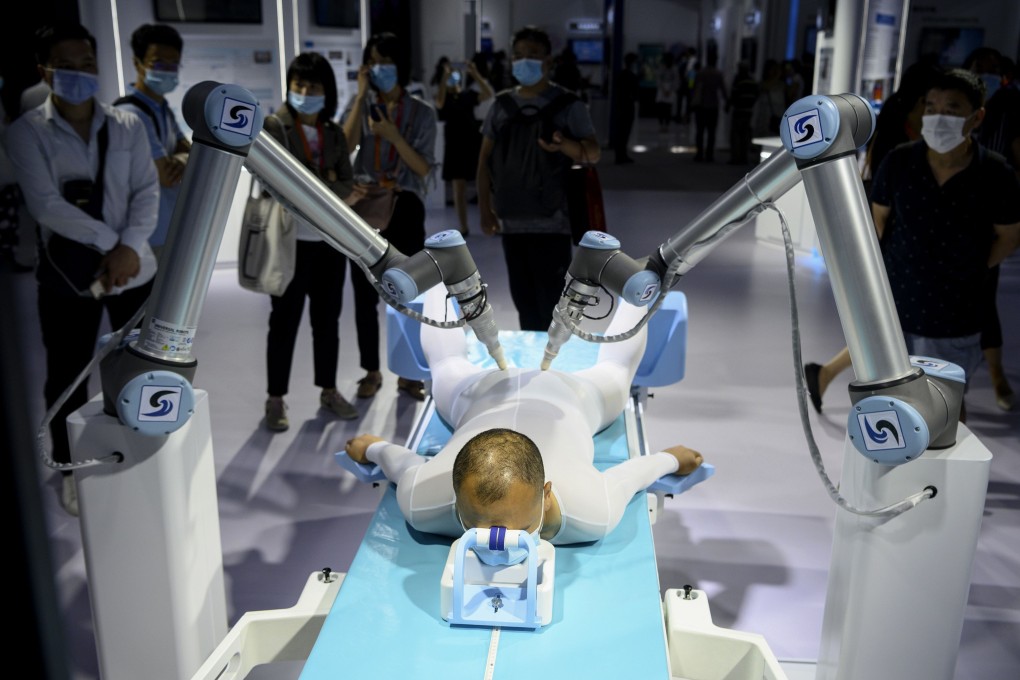Why service industry workers should embrace, not fear, the AI-driven digital revolution
- While digital technology is driving job displacement, human ingenuity is driving job creation. But new jobs may not appear as fast as old ones disappear
- Workers will be safe if they are flexible, machines cannot gather a large data set about their role, or they have jobs that cannot be done remotely

The future of globalisation is no longer just about trading goods across borders. An important element of it will involve the arbitrage of services. In addition to the acceleration that has come from so many people shifting to online work, the social distancing and other public health measures brought in to combat the virus have done a similar thing.
The answer is there is nothing stopping this imagined scenario from happening and this is likely to happen soon. The wage gap between workers in different countries is what makes telemigration profitable, and digital technology is making it possible. Digital technology is tearing down country barriers for services.

02:35
Santa Claus works from home to greet children in virtual meetings during pandemic
You might think it is not the first time that businesses have offshored jobs to places with cheaper labour. For example, US companies are known to outsource call centre jobs to India.
